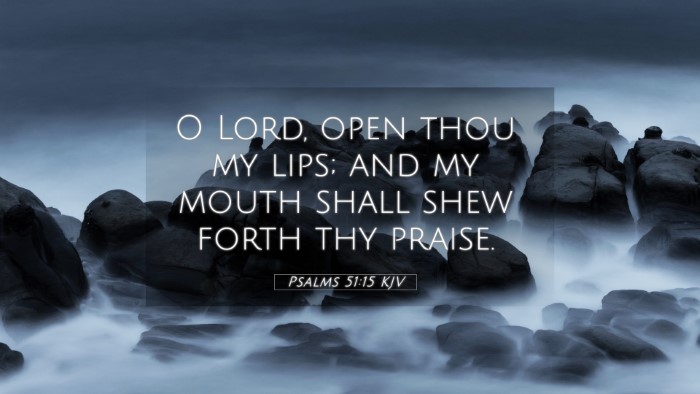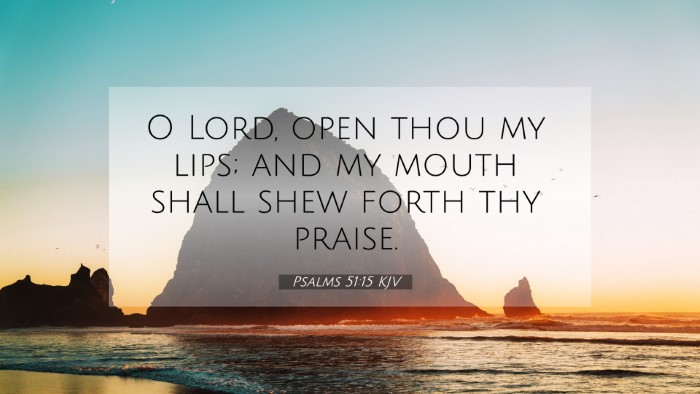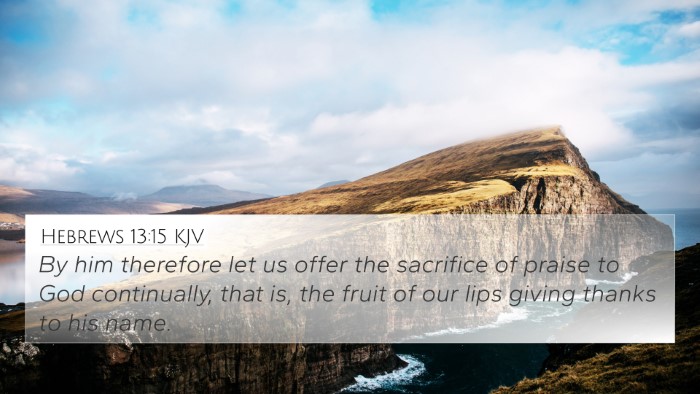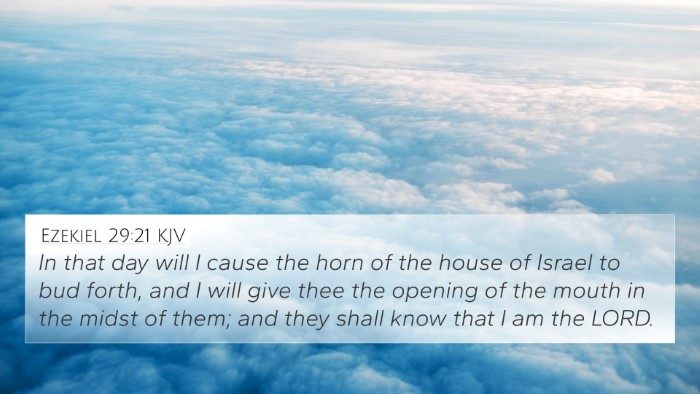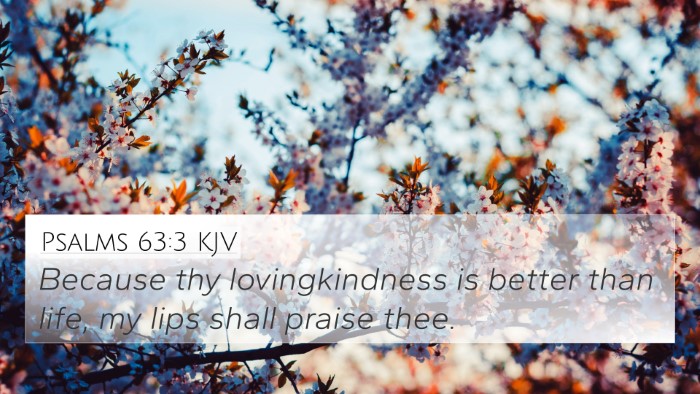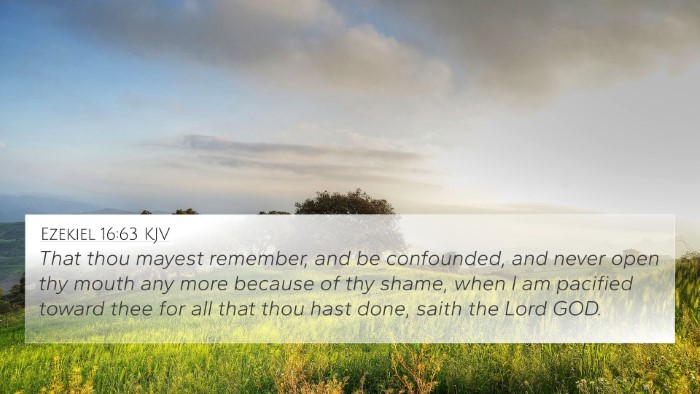Understanding Psalms 51:15
Verse: "O Lord, open thou my lips; and my mouth shall show forth thy praise."
This verse is a heartfelt plea from the psalmist, expressing a desire for divine assistance to enable worship and praise. It reflects a deep understanding of the need for God's grace in the process of repentance and worship.
Meaning and Insights from Public Domain Commentaries
Psalms 51:15 is a powerful verse that highlights several themes prominent in the psalm and in the broader biblical narrative.
-
Matthew Henry's Commentary:
Matthew Henry reflects on the significance of the psalmist's call for God to open his lips. He emphasizes the importance of God's intervention for true worship to occur. Without divine assistance, human efforts in praise are inadequate. The act of opening lips signifies readiness to proclaim God's glory and mercies.
-
Albert Barnes' Notes:
Barnes notes that this verse shows the connection between repentance and praise. The psalmist acknowledges his sinful state and understands that only through God's grace can he truly worship. The desire to show forth God's praise is presented as a necessary response to His mercy and forgiveness.
-
Adam Clarke's Commentary:
Clarke elaborates on the communal aspect of worship. He indicates that the psalmist's mouth shall proclaim God's praise not just for personal benefit, but to edify others and glorify God in the assembly of His people. This verse serves as an encouragement to recognize one’s own limitations while seeking God’s aid in worship.
Thematic Connections and Cross-References
Psalms 51:15 serves as a focal point for understanding how worship, repentance, and divine intervention are interconnected throughout Scripture. The following verses provide a biblical framework that relates to this theme:
- Psalms 19:14: "Let the words of my mouth and the meditation of my heart be acceptable in thy sight, O Lord, my strength, and my redeemer." - This verse echoes the desire for words to honor God.
- Psalms 34:1: "I will bless the Lord at all times: his praise shall continually be in my mouth." - A commitment to continuous praise reflects the psalmist's heart.
- Hebrews 13:15: "By him therefore let us offer the sacrifice of praise to God continually, that is, the fruit of our lips giving thanks to his name." - This New Testament verse reinforces the importance of vocal praise.
- James 5:13: "Is any among you afflicted? let him pray. Is any merry? let him sing psalms." - It connects the act of worship to various life situations.
- Isaiah 6:5: The vision of God causes Isaiah to realize his unworthiness, leading to a transformed commitment to speak for God.
- Romans 10:14: "How then shall they call on him in whom they have not believed? and how shall they believe in him of whom they have not heard? and how shall they hear without a preacher?" - The necessity of proclaiming faith highlights the importance of opening one's lips.
- Matthew 12:34: "For out of the abundance of the heart the mouth speaketh." - This verse ties the overflow of worship to an inner transformation.
- Exodus 15:1: The song of Moses after crossing the Red Sea exemplifies responsive praise to God's mighty acts.
- 1 Peter 2:9: "But ye are a chosen generation, a royal priesthood, an holy nation, a peculiar people; that ye should show forth the praises of him who hath called you out of darkness into his marvelous light." - Connects identity in Christ with the calling to praise.
Practical Application and Tools for Cross-Referencing
Understanding Psalms 51:15 within the context of these cross-references can enhance one's biblical study and worship experience. Here are some practical tips for utilizing tools for Bible cross-referencing:
- Bible Concordance: Use a concordance to identify keywords related to praise and worship.
- Bible Cross-Reference Guide: Find thematic connections and enhance understanding of various passages.
- Cross-Reference Bible Study: Plan studies that examine related themes across both the Old and New Testaments.
- How to Use Bible Cross-References: Develop skills for identifying themes and patterns in biblical text.
- Bible Reference Resources: Utilize commentaries, dictionaries, and study Bibles for deeper insights.
- Bible Chain References: Connect verses in a sequence that reveals a larger doctrinal truth.
- Cross-Referencing Bible Study Methods: Experiment with different methods to uncover relational dynamics in Scripture.
- Identifying Connections between Old and New Testament: Focus on the continuity of themes, such as praise and worship.
Concluding Thoughts
Psalms 51:15 is not just a singular plea but a representative cry for help in cultivating a heart of worship. Through God's opening of the lips, individuals are able to express praises that resonate with their spiritual journey. By cross-referencing related verses, one can build a rich tapestry of understanding regarding the importance of worship, repentance, and the transformative power of divine grace.
As believers delve deeper into the connections between Bible verses, they uncover a profound inter-Biblical dialogue that enhances their faith and understanding.

